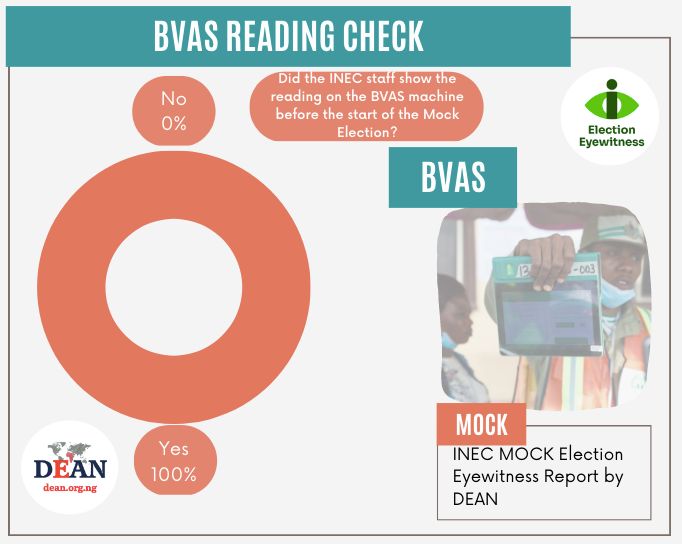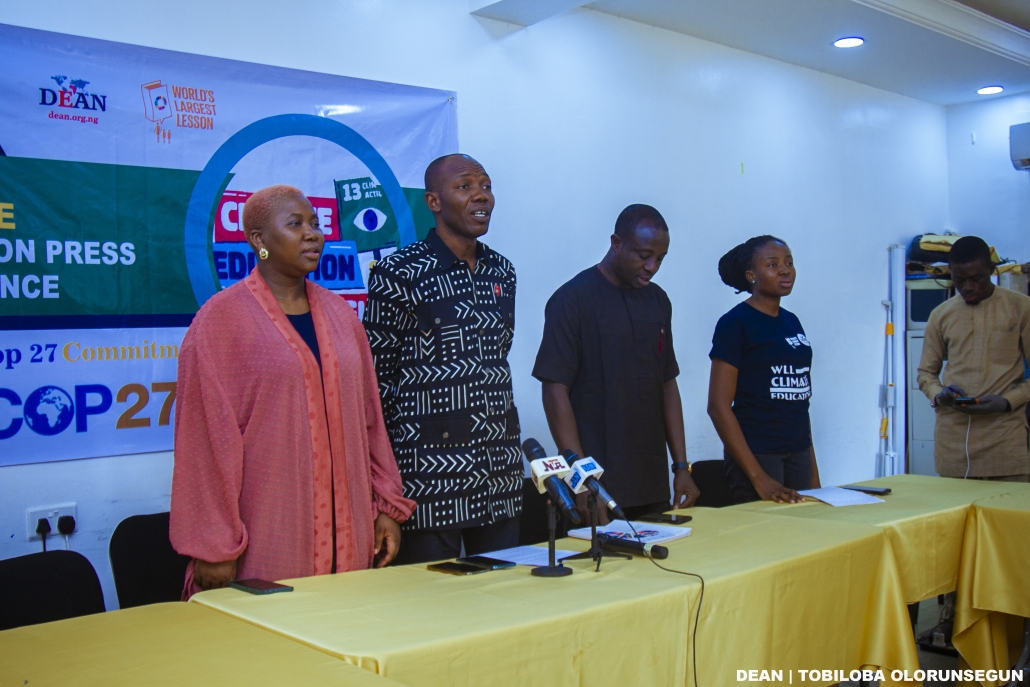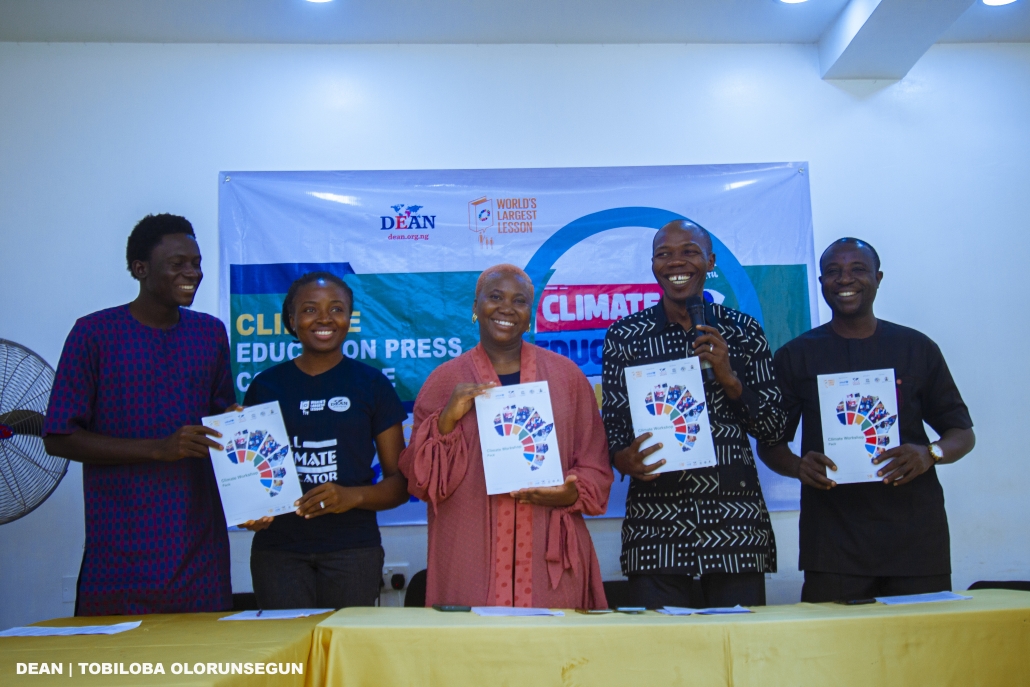Seun Onigbinde Visits the Global Goals Community Center.
The Global Goals Community Center yesterday welcomed the Executive Director of BudgIT and CivicHive, Oluseun Onigbinde on a congratulatory visit to DEAN Initiative for the work well done during the election period.
The Global Goals community center is a space of art facility center, where young people in marginalized communities can connect, learn and collaborate to create community-based solutions and other development ideas. Over the years we have had lots of people who have visited the center.
Seeing that DEAN Initiative consistently devise means of working with young people to enhance their skills as well as build them for global opportunities, we invited young persons from our community level youths and engage them in a conversation tagged: Young People and the Nigerian Election. The conversation availed the selected young persons the opportunity to share their experiences and observation from the just concluded election and also learn from Mr. Seun’s wealth of knowledge and life experience.
“I am delighted to be here today and I want to say thank you to my friend and brother Semiye Michael for the excellent work he is doing here at DEAN Initiative and to his amazing network of young people spread across the country” Seun Onigbinde.
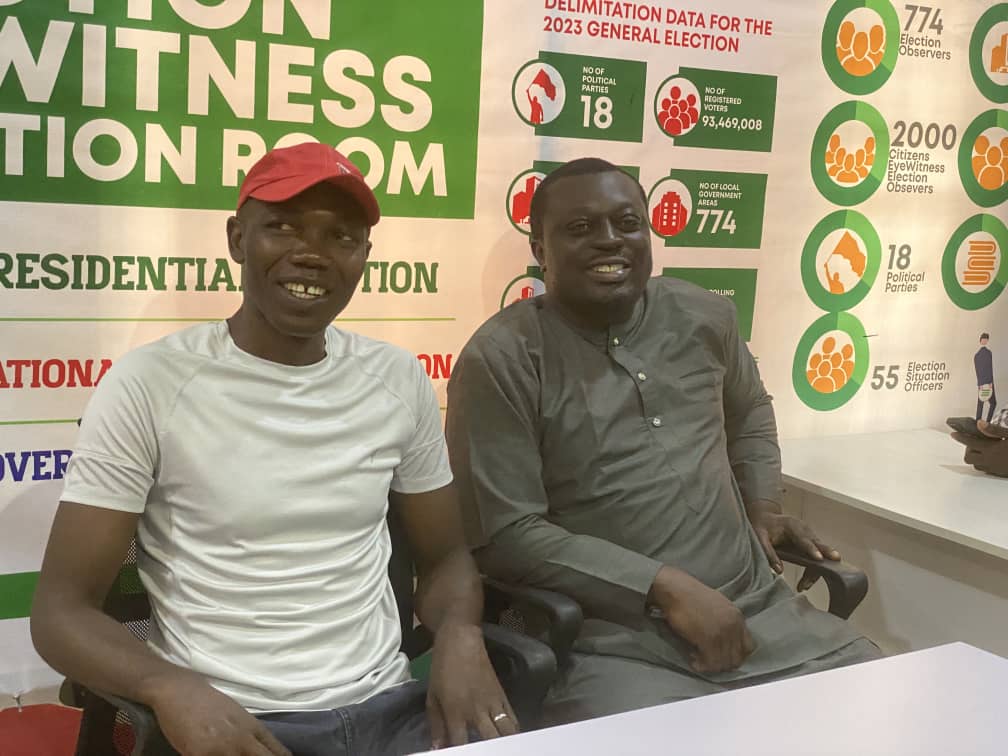
Each participant shared their experience on the election without mincing words, Mr. Usman from Dobi community who served as an ADHOC staff during the presidential election lamented about the defectiveness of INEC election materials at his Polling Unit, how the trained ADHOC staff were switched overnight for some untrained staff who did not understand the rudiment of the process and ended up causing problem at the Polling Unit. Mr. Usman further stated how he and other ADHOC staff were beaten at his Polling Unit and the election results were carted away. He also added that Commission’s budget should be reviewed and questioned as to why they make use of defective materials despite budgets raised for every election.

Olaleru Fisayo of DEAN Initiative who led and conducted several Pre and Post-Election Community Town Hall sessions shared feedback from the field. She raised a salient issue from the angle of People Living with Disability (PWDs) who could not exercise their franchise because they couldn’t reach the election boxes on their own without aid, INEC didn’t make adequate provisions for them to be aided. She leveraged this opportunity to urge Mr Seun and other CSOs in the civic space to continue to lend their voices towards this course on one hand, and the Commission to follow strictly the words of the Electoral Act as well as Guideline and Procedures for election on the other hand.
In his closing remark, Seun Onigbinde encouraged young people to not allow the outcome of this election to weigh them down but should be more committed to the process for the benefit of all, as this is what we must do to make the country great again.

Before the goodbyes, Mr Seun was taken on a tour round the center from the Goal keepers’ hub which is a workstation for young people and techpreneurs to bridge the gap of work space
Next to the Hajia Amina Mohammed resorce library which is a mini library that collect and store development focus books to support research and academic works.
SDGs Community Studio which is an inhouse studio that document and amplify the SDGs action drive by young people in video and photo documentaries.

Zero Hunger Kitchen which promotes zero hunger and responsible consumption.
Ideation room which provides opportunities for hub users to host business meetings strategy and design sessions for brighter innovation project.
We had a group picture at the SDGS Art Wall aimed for beautification of the center that uses art to describe and express the connectivity of the SDGs to our being.


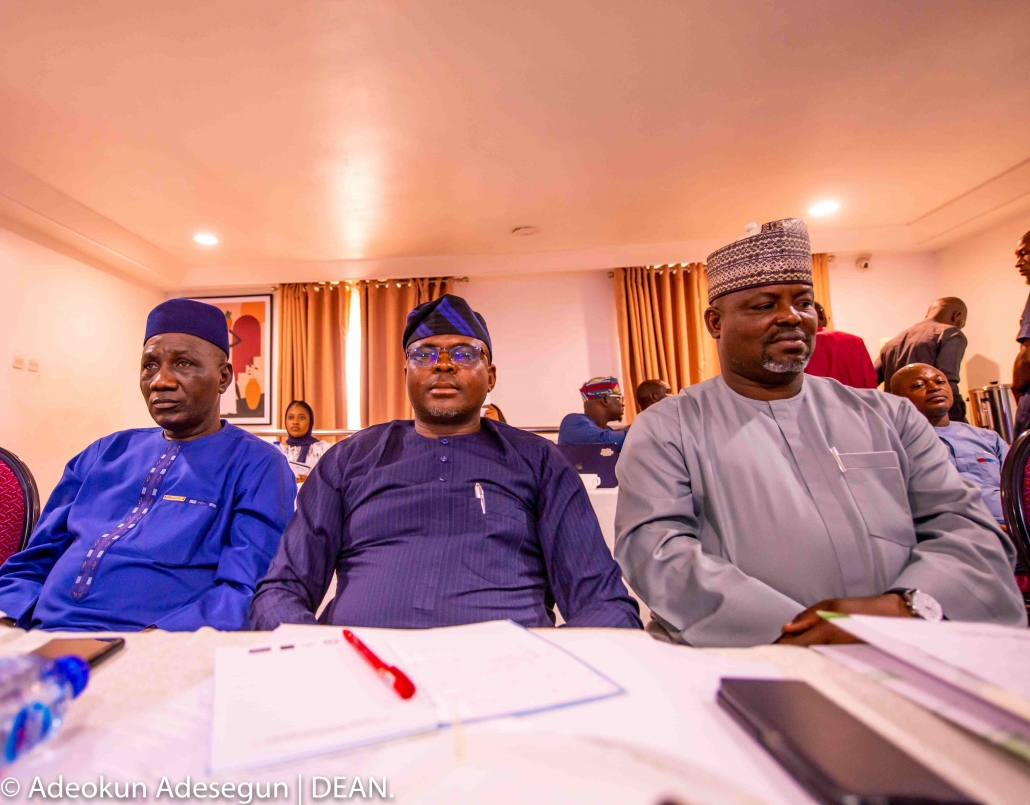
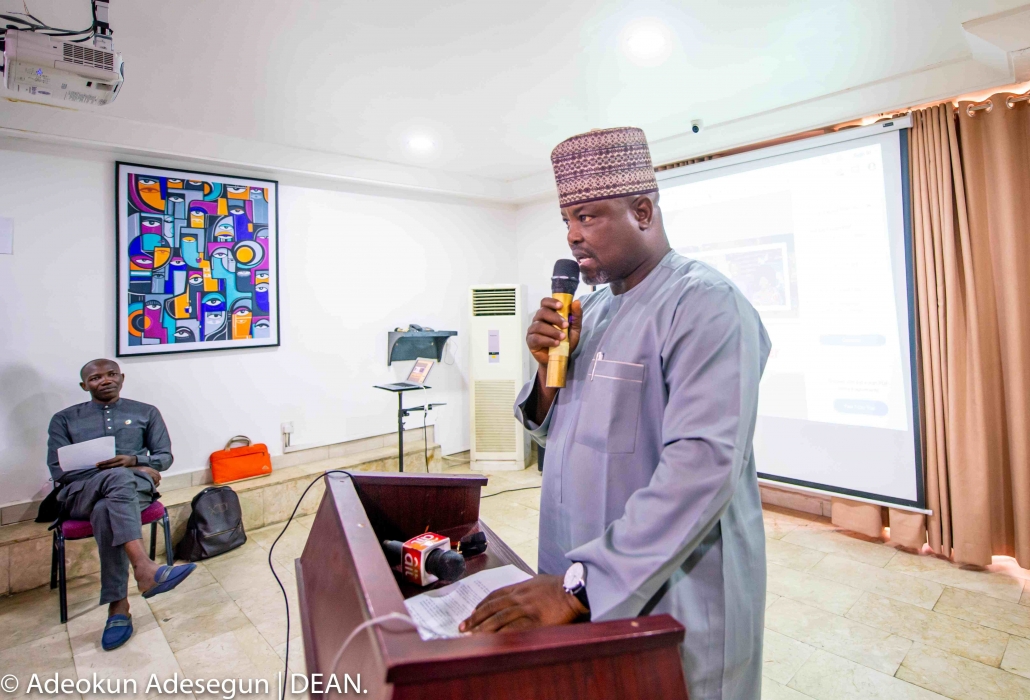

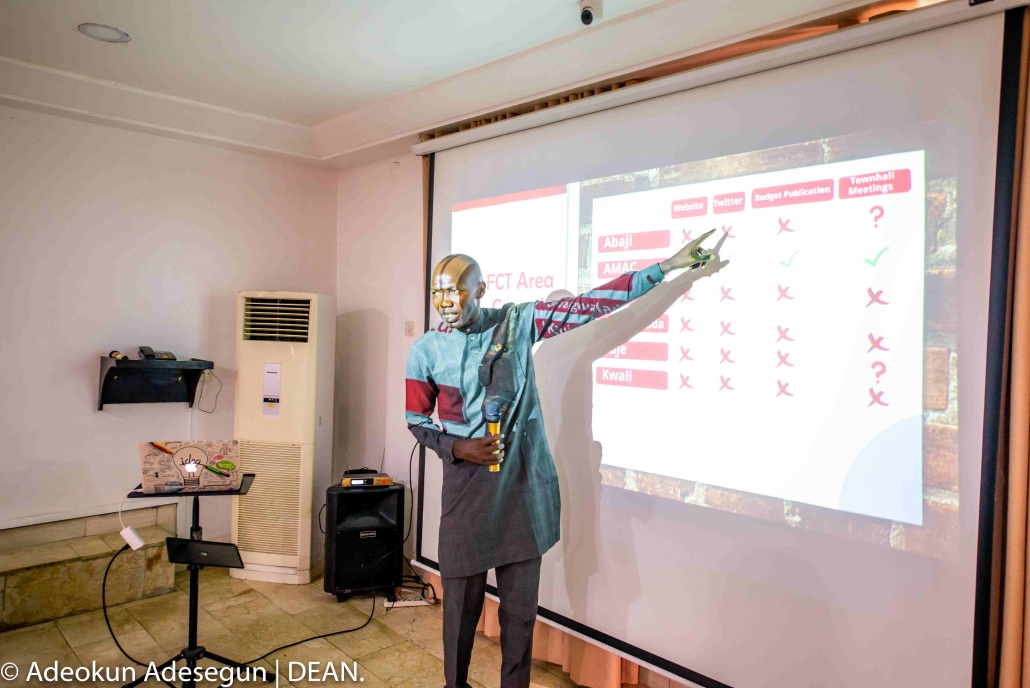
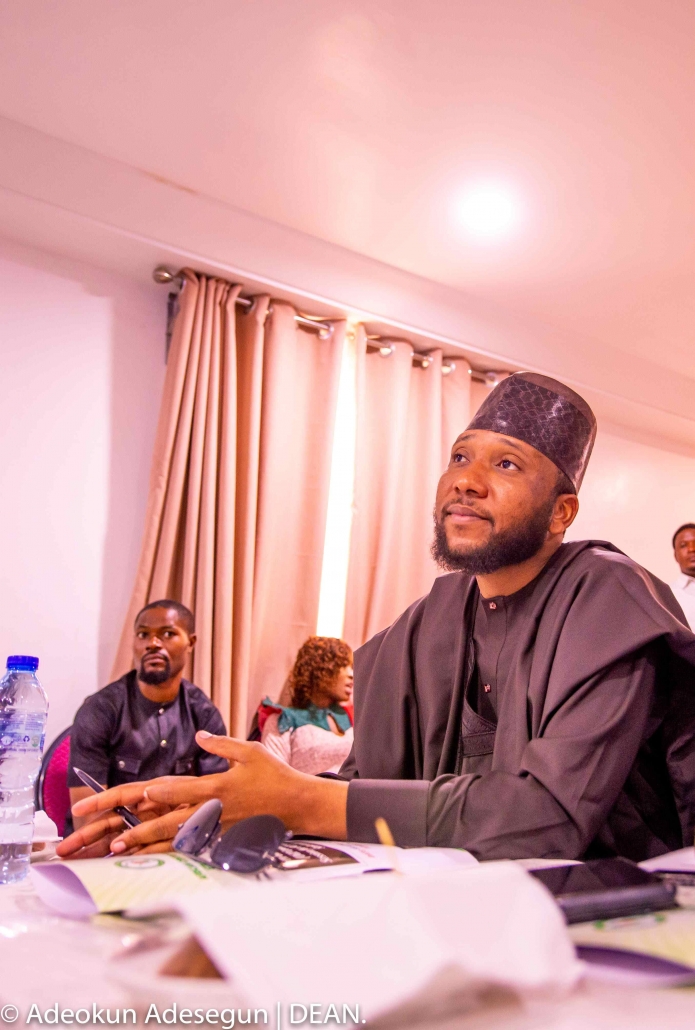



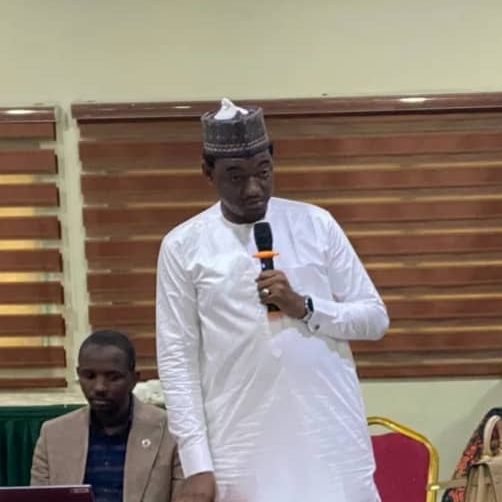









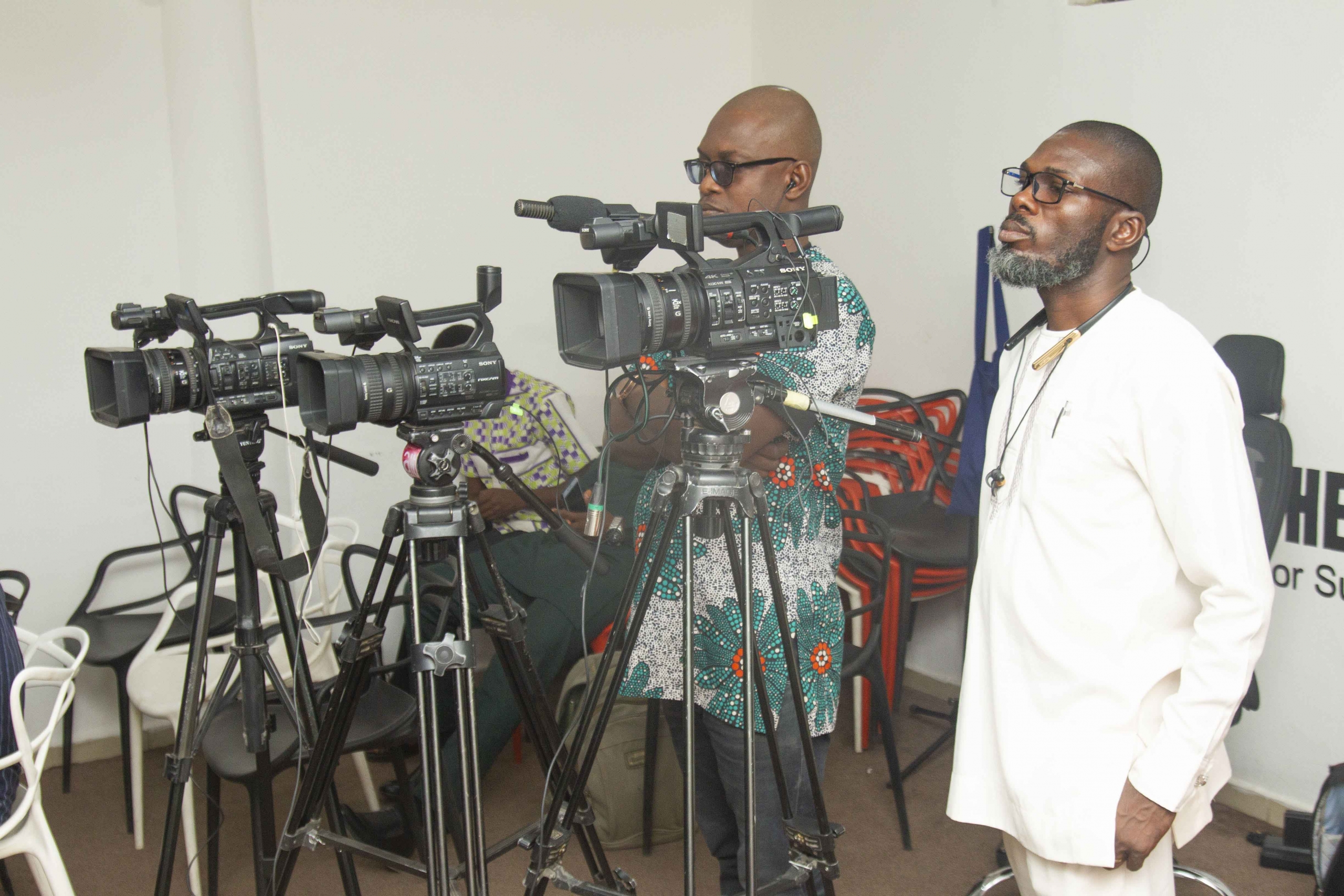



 The Election Eyewitnesses on the field generally reported early arrivals of poll officials at most polling units they observed.
The Election Eyewitnesses on the field generally reported early arrivals of poll officials at most polling units they observed. 



